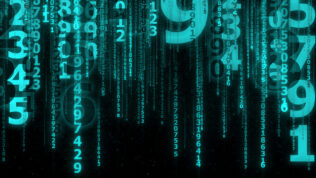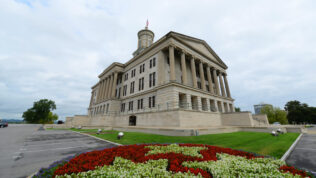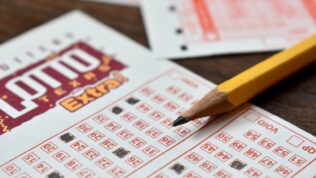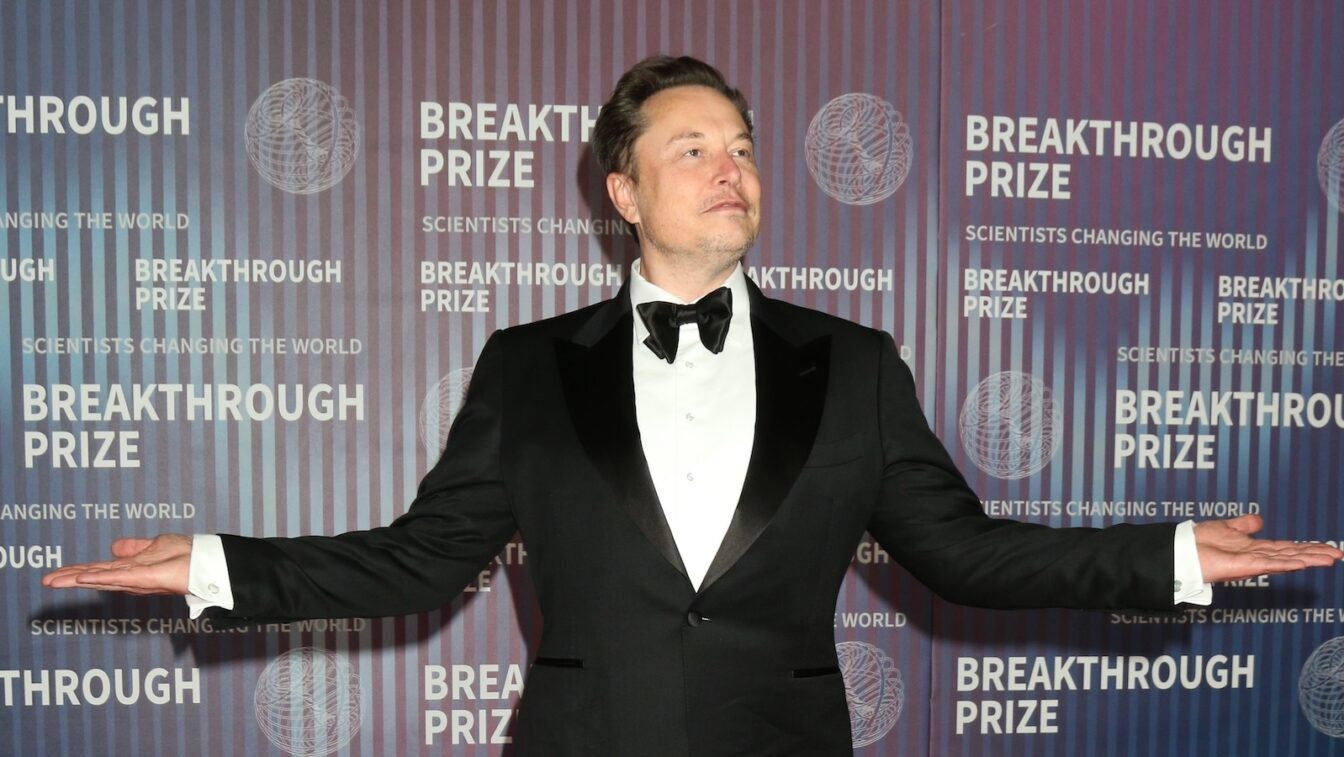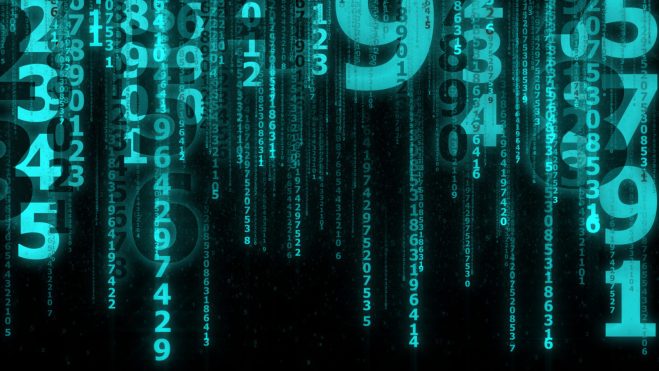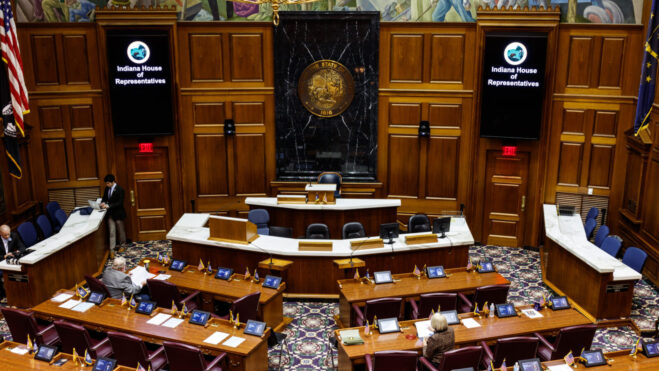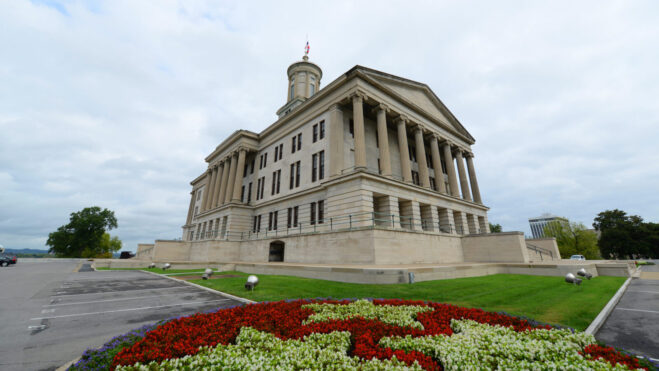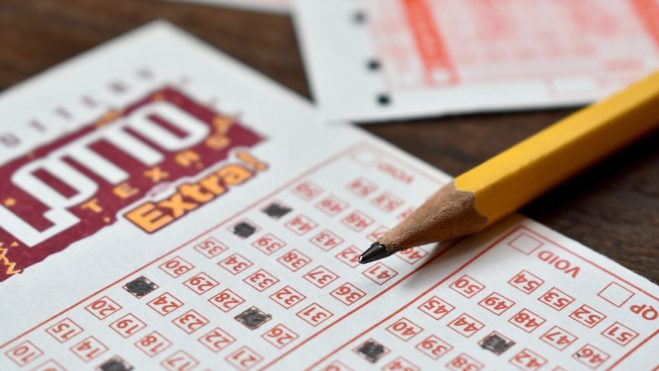Philadelphia DA Sues Elon Musk Over $1 Million Lottery For Swing State Voters
Citing legal and privacy concerns, he accuses Musk of skirting Pennsylvania’s lottery and consumer protection laws
2 min
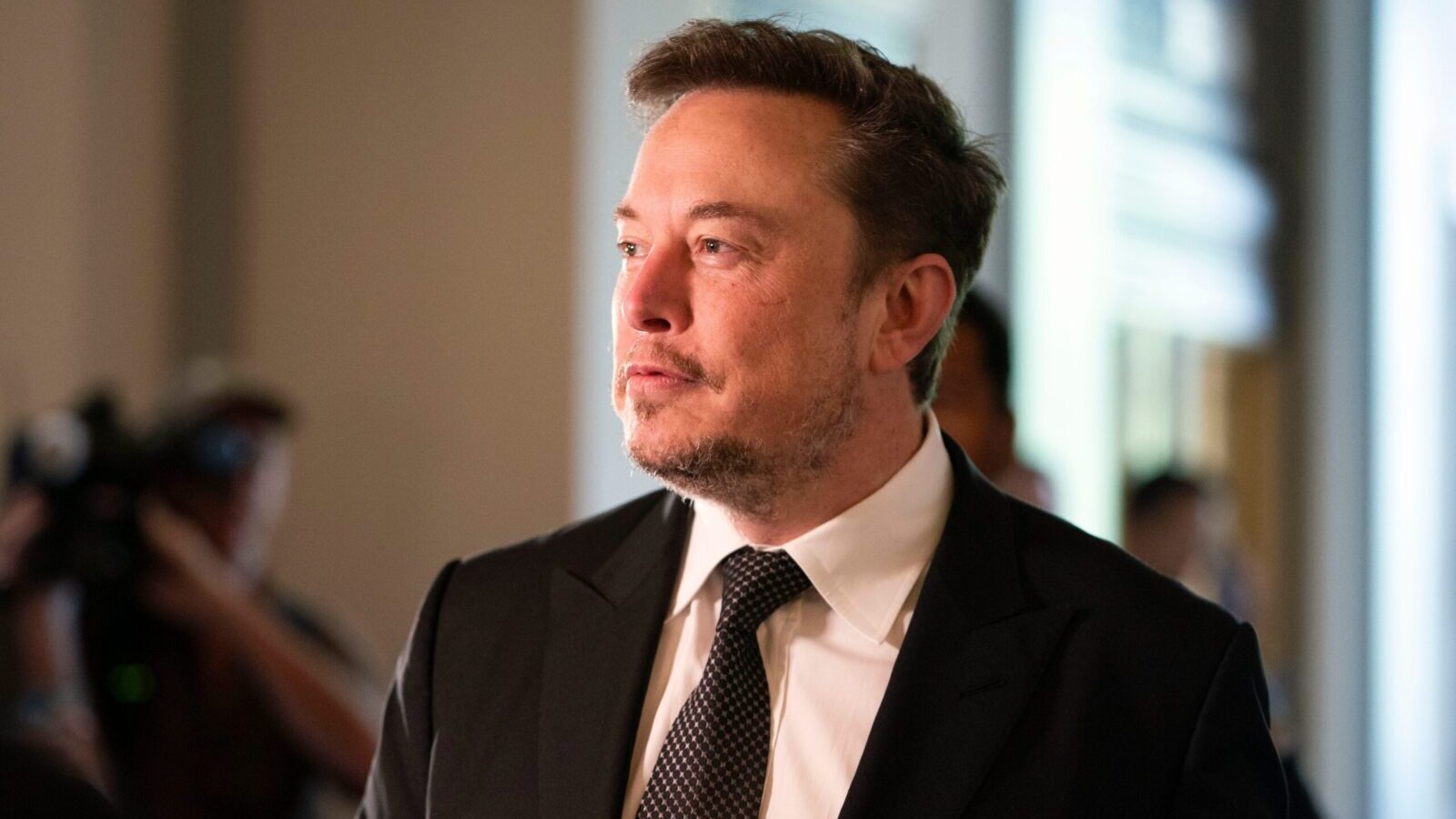
Elon Musk has run into trouble in Pennsylvania over his election-related lottery-style giveaway. Philadelphia District Attorney Larry Krasner filed a lawsuit Monday against Musk and his political action committee, America PAC, aiming to halt its lottery-like gimmick of offering a chance at $1 million to registered swing-state voters who sign their petition.
According to CNN, the lawsuit, filed in the Philadelphia County Court of Common Pleas, alleges that Musk and his PAC are skirting Pennsylvania’s strict lottery and consumer protection laws. At the same time, the campaign is potentially compromising the personal data of unsuspecting participants.
In recent weeks, America PAC has heavily promoted its lottery-like initiative, where swing-state voters could win big financially by pledging support for the First and Second Amendments. However, Krasner argues that Musk and America PAC are misleading voters, enticing them with financial incentives under the guise of civic engagement while failing to disclose critical details about the lottery, including terms and conditions.
“America PAC and Musk are lulling Philadelphia citizens — and others in the Commonwealth — to give up their personal identifying information and make a political pledge in exchange for the chance to win $1 million,” the complaint reads. Krasner’s lawsuit contends that this constitutes an unlawful lottery, emphasizing that Pennsylvania law mandates all lotteries be regulated by the state to ensure fairness and transparency.
Additionally, the complaint highlights concerns about data privacy and transparency. Pennsylvania’s consumer protection laws require entities operating sweepstakes or lotteries to publish a complete set of rules and take measures to safeguard participants’ personal information.
Krasner’s office alleges that neither Musk nor America PAC has disclosed comprehensive rules nor articulated how they plan to protect the personal information collected. This could create a risk for misuse of data.
America PAC allegedly showing favoritism
The legal complaint also questions Musk’s claim that the winners are selected randomly. It alleges that some winners have been individuals who previously attended rallies in Pennsylvania in support of former President Donald Trump, raising doubts about the impartiality of the selection process.
Musk, who has publicly endorsed Trump, has not clarified whether there are any specific criteria guiding the selection of winners. This alleged lack of transparency has further fueled the district attorney’s concerns over the lottery’s legitimacy and Musk’s political motivations.
The controversy surrounding America PAC’s lottery has also attracted federal scrutiny. Last Wednesday, the U.S. Department of Justice issued a warning letter to America PAC, cautioning that the initiative could be in violation of federal election laws.
Federal law explicitly prohibits offering financial incentives to individuals to register to vote, a rule designed to safeguard the integrity of the electoral process. Legal experts suggest that because the petition requires voters to be registered, Musk’s PAC initiative could easily be construed as a violation.
Musk shrugs off warnings
Despite these warnings, CNN reports that America PAC continued to conduct the lottery, producing winners daily from Oct. 19 to 27 (except Oct. 23, the day of the DOJ’s warning). It has offered little transparency on selection methods or payment schedules.
The campaign then announced another winner Monday. Someone in Hastings, Michigan was the latest to benefit from the scheme, as Musk seemingly brushes off the DOJ.
The initiative has raised questions among political analysts as well, many of whom see it as a calculated tactic to influence voter behavior in critical swing states. Musk’s lottery, analysts argue, could alter voting patterns by encouraging citizens to register in swing states solely for the chance to win a large sum of money.
Others see the stunt as an unconventional but potentially effective way to amplify Musk’s political message. It could be particularly enticing for younger voters who may be more inclined to participate in a cash-driven contest.
The district attorney’s suit asks the court to order Musk and America PAC to cease “any unfair or deceptive acts or practices” associated with the lottery, including misleading claims of fairness and failure to uphold basic consumer protections.

